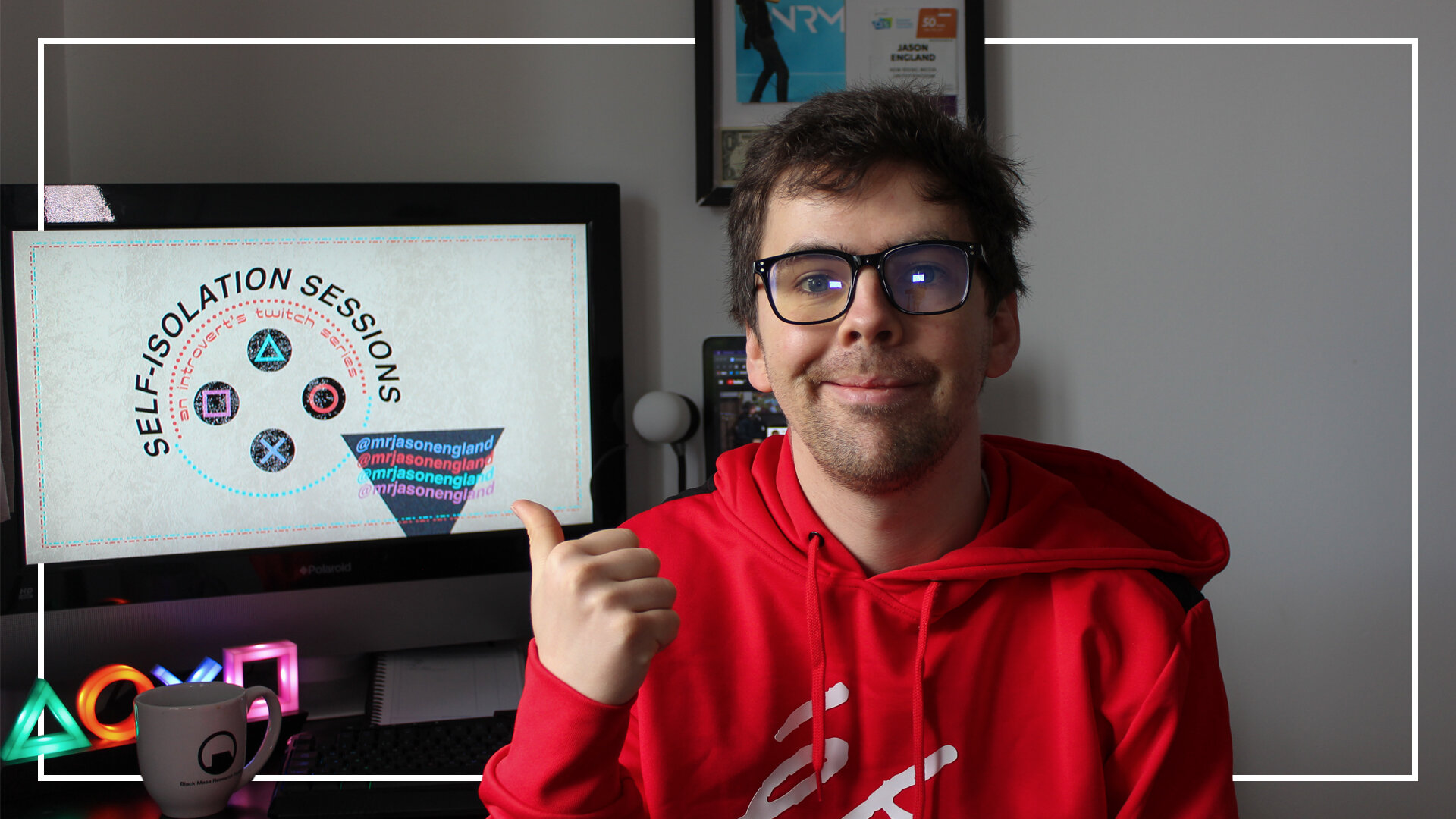Scientists Have Built A Casino For Rats To Demonstrate Gambling Addiction

Scientists from the University of British Columbia in Canada have built a 'rat casino,' finding that bright sounds and lights make the rodents more prone to taking risks when gambling. Yes, this is as fascinating and insane as it sounds.
As part of a study into addictive behaviours, Michael M. Barrus and Catharine A. Winstanley built this casino, teaching 32 rats to gamble for sugary treats. To do this, they chose between four different options with varying odds of providing either a treat or a time-out period.
The strategy that rats stuck to was always selecting the option which gave them smaller rewards, but carried less risk, meaning they did not go for "high-risk, high reward." They would do this under normal circumstances, but once lights and sound were added to the game, their behaviour changed.
Much like the slot machines you see people hooked to in Las Vegas, large rewards produced more light and music than the small wins. Rats followed these cues and took the greater risks. Simply put, the scientists had turned them into problem gamblers.
“It seemed, at the time, like a stupid thing to do, because it didn’t seem like adding lights and sound would have much of an impact. But when we ran the study, the effect was enormous,” said Catharine Winstanley, associate professor in the Department of Psychology and the Djavad Mowafaghian Centre for Brain Health. “Anyone who’s ever designed a casino game or played a gambling game will tell you that of course sound and light cues keep you more engaged, but now we can show it scientifically.”
After this, the team administered a dopamine inhibitor to block the D3 receptor - one which has been specifically linked to gambling addiction - and the rats immediately stopped exhibiting these irrational gambling behaviour.
"This brain receptor is also really important to drug addiction, so our findings help support the idea that risky behaviour across different vices might have a common biological cause," lead author Michael Barrus commented.
“I often feel that scientific models are decades behind the casinos,” added Winstanley. “I don’t think it’s an accident that casinos are filled with lights and noise.”
Read more...
You've probably seen Nanoleaf shapes in the background of your favourite YouTubers, but are they worth the money?
Here is my unboxing, setup and review!
It's finally here! Time to unbox the PlayStation 5 and set it up - plus some first impressions on this next generation console.
As we enter the next generation, it’s only fair that we look back. Here are the best games of the ps4/xbox one generation.
The Nottingham Project wants to revitalise the creative sector of this city. I’ve got a simple idea to help with that...
It’s near-impossible to sum up The Last Of Us Part II in a review, so let’s do something different…
Coronavirus is being a dick, cancelling everybody’s weddings. Luckily, Animal Crossing is coming in at the clutch.
Decided to start a podcast while in lockdown? Here are the 7 tips for making the best of it, from someone in the same boat as you.
I infiltrated some of the worst 5G coronavirus Facebook groups out there and here’s what was learnt from the experience.
Burning 5G towers? Believe that 5G causes coronavirus? Here is an NHS GP telling you to stop being a dick - debunking every conspiracy theory.
In anxious times of self-isolation like this, Animal Crossing has arrived at the perfect moment to help us get through this.
I am incredibly proud to have worked with some talented people over the past few weeks to launch Open Kitchens.
Starting next week, I will begin streaming regularly on Twitch in my new series - Self-Isolation Sessions.
With Coronavirus (COVID-19) here to stay, I breakdown the science and form an opinion on what the next steps should be.
Are you ready for the future? TCL gave us a glimpse of it with their new concept foldable phones…
With a lot of smartphone makers releasing “Pro” versions of their latest models, I’m left asking one question - what even is a pro smartphone?
OFCOM has been given new powers to legislate social media companies around harmful content. Here’s what they need to do to get started.
So some old stranger told me I’m spending too much time on my phone. I agree, but nobody gave you the right to just ambush someone like that.
After the woeful reliability of Motorola’s new Razr was exposed, is anyone really surprised that flexible screens aren’t ready for consumers yet?
I am the freelance tech/gaming journalist, lover of dogs and pizza enthusiast. You can follow me on Twitter @MrJasonEngland.





















Alongside the scientists, 50% of the British public and the future health of young people across the nation, I have one simple request: delay Freedom Day, please.